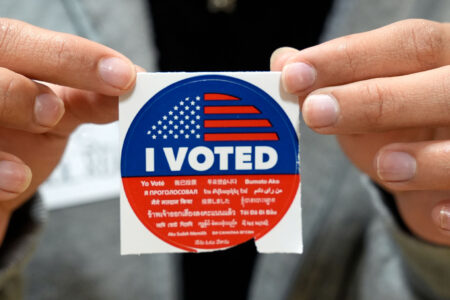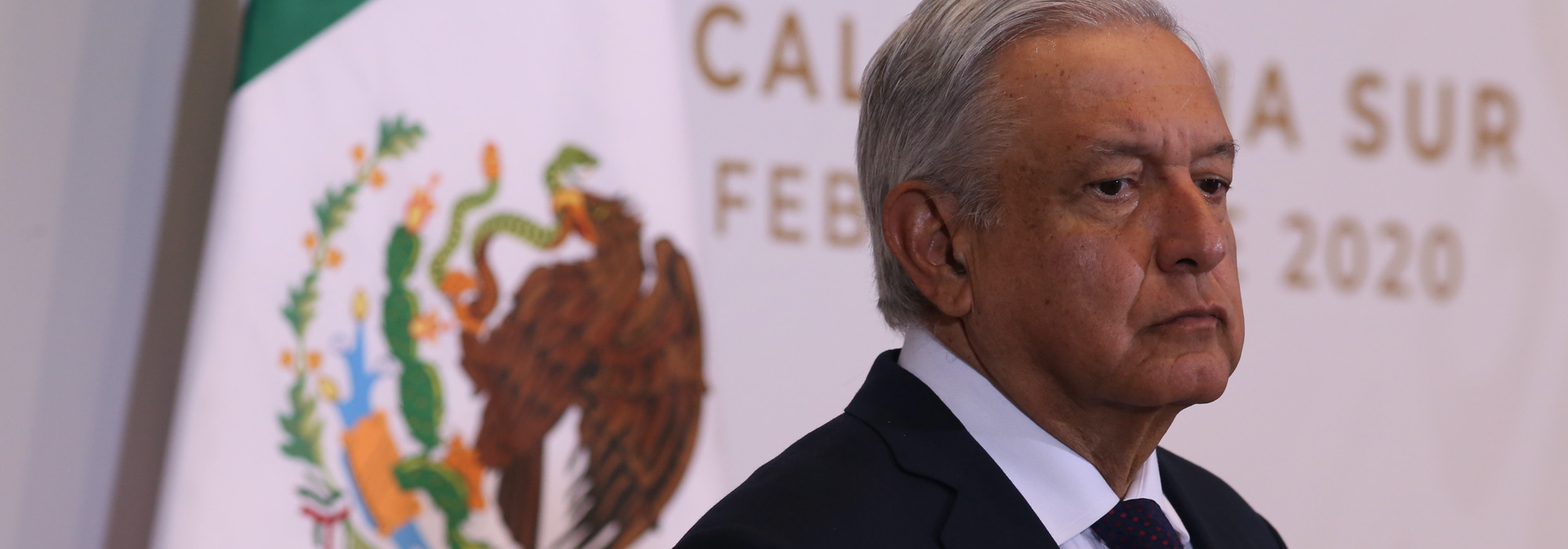
While Prime Minister Justin Trudeau was one of the first world leaders to congratulate U.S. president-elect Joe Biden on his victory, the Mexican government has chosen to hold off. This is not surprising – Mexico has traditionally held a non-interventionist approach to foreign relations, Still, the question of what a Biden administration means for Mexico is being analyzed across its federal and provincial capitals. Will it add pressure to Mexico’s energy policy? Is there the potential for more trade protectionism, particularly when it comes to labour rights, human rights, and the environment?
Obviously, any Biden policy relating to the Canada-United States-Mexico Agreement (CUSMA – or T-MEC in Mexico), which entered into force on July 1, 2020, will be of critical significance to the southern partner. CUSMA created one of the largest and most important free trade areas in the world. The U.S. is Mexico’s most important trade partner, as the top destination for Mexican goods, and the largest source of merchandise imports.
Mexico is facing multiple challenges: the economic crisis, weak application of the rule of law and due process, corruption, crime, and surging COVID-19 numbers. Between January and September, industrial production slumped by 12.2 per cent and the unemployment rate was at 5.1 per cent in September. Exports continue to be healthy, but the domestic consumer market is weak. Mexico’s GDP for 2020 is expected to decline by 8.9 per cent. Credit rating agency Fitch Ratings gave Mexico a “BBB-” rating – the minimum that would be acceptable to investors.
Biden has expressed his commitment to support U.S. trade unions, and in his platform he has said he will introduce a “Buy American” provision into a $40-billion procurement investment as well as repatriate critical supply chains.
Mexico is also watching whether disputes are initiated more frequently around environmental and labour violations. The Democrats have already made their support for CUSMA contingent on tougher rules and a more flexible dispute settlement process. For example, a new Rapid Response Labour Mechanism allows enforcement actions to be taken against specific factories if they fail to comply with domestic freedom of association and collective bargaining laws. CUSMA also shifted the burden of proof to the presumed violator of environmental or labour obligations.
Biden also said his future administration will rejoin the Paris Agreement on climate change, and make a massive domestic investment in clean energy. To that end, it is likely a Biden administration might seek to impose an adjustment fee at its border on products from countries that fail to live up to their Paris agreement commitments. According to Biden’s plans, “[t]his adjustment stops polluting countries from undermining our workers and manufacturers, ensuring we can lead, compete, and win as we harness the opportunity of a clean energy economy achieving net zero emissions by 2050.”
The Biden administration might also press with Mexico the case of U.S. clean energy investors. With President Andrés Manuel López Obrador looking to roll back energy reforms, the country has become less friendly to those seeking to invest in clean energy projects.
Still, the Mexican government’s national development plan commits to establishing a sustainable, low-emission and efficient sovereign energy policy that will guarantee energy accessibility and security. Meeting this goal will only be feasible with the participation of private investors – specifically those in renewable energy generation. Mexico’s respect for international commitments it made under CUSMA, the Comprehensive and Progressive Agreement for Trans-Pacific Partnership (CPTPP), and the Paris Climate Agreement, is also critical.
On human rights, Biden has said his government will stand against authoritarian leaders who seek to divide and weaken democracies across the world – including in the Americas. He has committed to hosting in 2021 the Global Summit for Democracy, to which civil society organizations will be invited. The Summit of the Americas is also scheduled to take place in 2021. This might be a source of some tension between López Obrador and Biden – the former has not been a supporter of civil society organizations, and has made only one international trip since he took office in November 2018.
López Obrador’s administration decided not to confront the U.S. during the Trump administration, and it might take a similar approach with Biden. However, if the U.S. takes aggressive enforcement action on trade and human rights, it will clearly test the limits of Mexico’s hands-off approach
This article was written in collaboration with Julio Dominguez.
This article is part of the The U.S. 2020 Presidential Election special feature.









